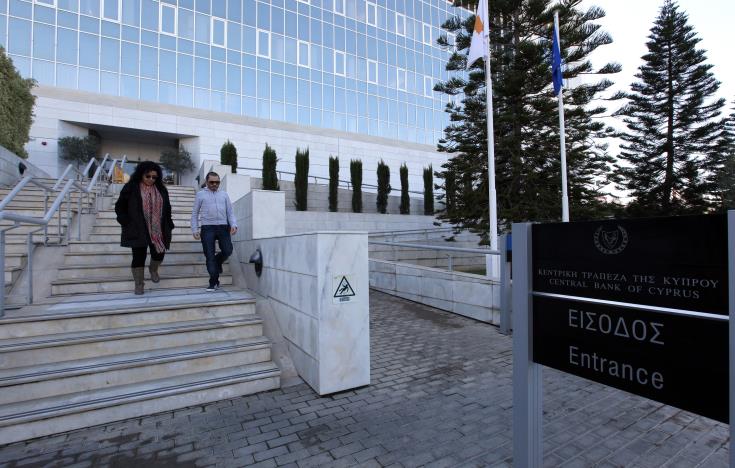By Michael Olympios
Events in recent months have become so appalling with Cyprus’ political corruption, leaving many wondering if its deleterious effects spilt over into the real economy.
The investigation commission is about to release an interim report next month.
It is almost certain that it will reveal how the ‘golden passports’ scheme was conducted.
One sector that certainly played a crucial role was banking.
It played a key role in developing the Cypriot economy over the years and its demise nearly a decade ago.
Despite its rehabilitation, the citizenship debacle revealed there was still much left to be desired.
And just like a decade ago, the Central Bank had a hand in this mess.
Not for what it did but for what it didn’t. Inadequate supervision.
I have repeatedly argued that where supervision is strong, markets flourish, there’s no secret why. Market participants feel more confident doing business which consequently attracts both clients and capital.
Take, for instance, the financial services sector in Cyprus.
Just a decade ago, it existed in oblivion.
A new energetic and visionary CySEC administration with teeth that sank deep into the flesh of wrongdoers, combined with a business mentality favouring market players as long as they played by the rules, created a new environment and reputation for compliance.
Within just a few years, it attracted hundreds of financial services companies, not just from Europe but also globally.
And most have been successful without any severe problems.
Monitoring compliance performance, however, is not an easy task.
It requires a sound risk-based approach, a lot of experience and resources that match the growing supervisory front.
As the market grows, so does the demand for supervision. Financial progress requires good supervision and not just financial engineering.
Today, Cyprus has grown to become the biggest financial services hub in the single market in terms of transactions.
But the success in this sector is not shared by the banking industry.
Despite promises and laud declarations that banks have cleaned their house and new rules have strengthened their Know Your Client (KYC) processes, the results have been far from spectacular.
The citizenship-by-investment debacle revealed spectacular failures of the banking industry that could inspire a new Hollywood comedy.
Properties worth millions were bought through credit cards, the same way we buy milk from a convenience store.
No doubt, such transactions were designed to evade the standard KYC process that would have subjected the property buyers to greater scrutiny. Still, they would potentially kill a lucrative property transaction.
These transactions were often proved extremely profitable, not just for the developers but also for the banks whom these same contractors owed tens of millions for past projects that turned sour.
No matter the case, banks tried to implement rigorous standards for opening new accounts that are perhaps the continent’s strictest. It is not hyperbole.
But somehow, dirty money slipped through the cracks.
According to sources with insider knowledge of the matter, world-class criminals such as the Malaysian financier Jho Low could open accounts not just for himself but also for his girlfriend.
According to the Governor of the Central Bank of Cyprus, the authorities froze these accounts. The bank involved is about to be fined last week before parliament.
Without a doubt, the Central Bank must do more.
The focus is primarily on financial stability, a noble aim that we fully endorse.
Just because other European authorities, such as the Single Supervisory Mechanism, are watching the market, it doesn’t mean that national supervisors can lower their guard.
On the contrary, they should be vigilant and take extra caution when it comes to market excesses or abuses.
The Central Bank must act quickly and decisively but most importantly, independently.
If it can pull this off, it will benefit the entire economy in the long run.
And the best way to do that is to invite foreign banks to do business in Cyprus.
Michael Olympios is an economist, business consultant and Editorial Consultant to the Financial Mirror










